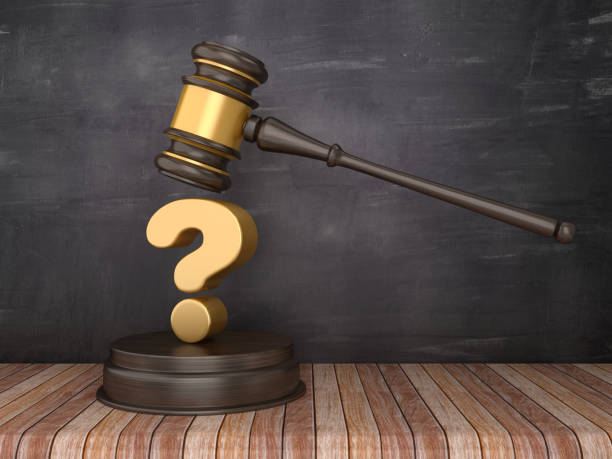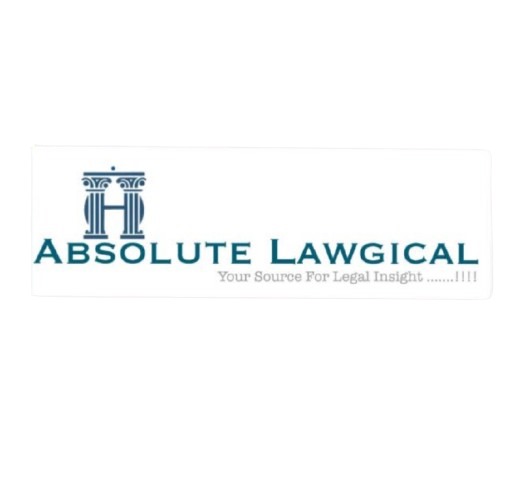
Case Details:
Court: Supreme Court of India
Citation: AIR 2002 SC 47; 2001 (9) JT 480
Bench: Justice D.P. Mohapatra and Justice Shivaraj V. Patil
Date of Judgment: October 31, 2001
Background:
The legal profession in India is governed by the Advocates Act, 1961, which sets professional standards for advocates.
Section 35 of the Act empowers the State Bar Councils to investigate professional misconduct and impose disciplinary measures,
including suspension or removal from practice.
Facts of the Case:
Bhupinder Kumar Sharma was an advocate enrolled with the State Bar Council on September 16, 1994. A complaint was filed against him
on September 9, 1995, by the Bar Association of Pathankot, alleging professional misconduct. The key allegations were:
– Operating a photocopying and documentation center within the court premises.
– Running a PCO/STD booth.
– Engaging in a private business as proprietor of Punjab Coal Briquettes.
These activities were considered violations of the Bar Council of India (BCI) Rules.
Proceedings Before the State Bar Council:
The State Bar Council investigated the allegations and found Sharma guilty of engaging in other businesses while practicing law.
On May 12, 1996, the Disciplinary Committee ordered his removal from the roll of advocates under Section 35(3)(d) of the Advocates Act.
Appeal to the Bar Council of India (BCI):
Sharma appealed to the Bar Council of India (BCI), but on November 4, 1998, the BCI upheld the State Bar Council’s decision,
maintaining the penalty of removal from practice.
Appeal to the Supreme Court:
Sharma appealed to the Supreme Court under Section 38 of the Advocates Act, arguing: 1. Lack of sufficient evidence.
2. Disproportionate punishment.
The Supreme Court examined the evidence and found that Sharma had actively participated in the businesses. However, considering his
financial difficulties, the Court ruled that the punishment was too severe and reduced it to a five-year suspension from legal practice.
Judgment:
The Supreme Court modified the penalty and ruled that Sharma would be suspended from legal practice for five years instead of
being permanently removed from the roll of advocates.
Significance of the Case:
This case highlights the strict ethical standards imposed on advocates in India. However, it also establishes that
punishments should be proportional to the severity of misconduct, and mitigating circumstances must be considered.
References:
– Advocates Act, 1961, Section 35: Punishment for professional misconduct.
– Advocates Act, 1961, Section 38: Right to appeal to the Supreme Court.
– Bar Council of India Rules, Part VI, Chapter II: Rules on professional ethics.
– Bhupinder Kumar Sharma vs. Bar Association of Pathankot, AIR 2002 SC 47.
AUTHOR: Abdul Raheem
